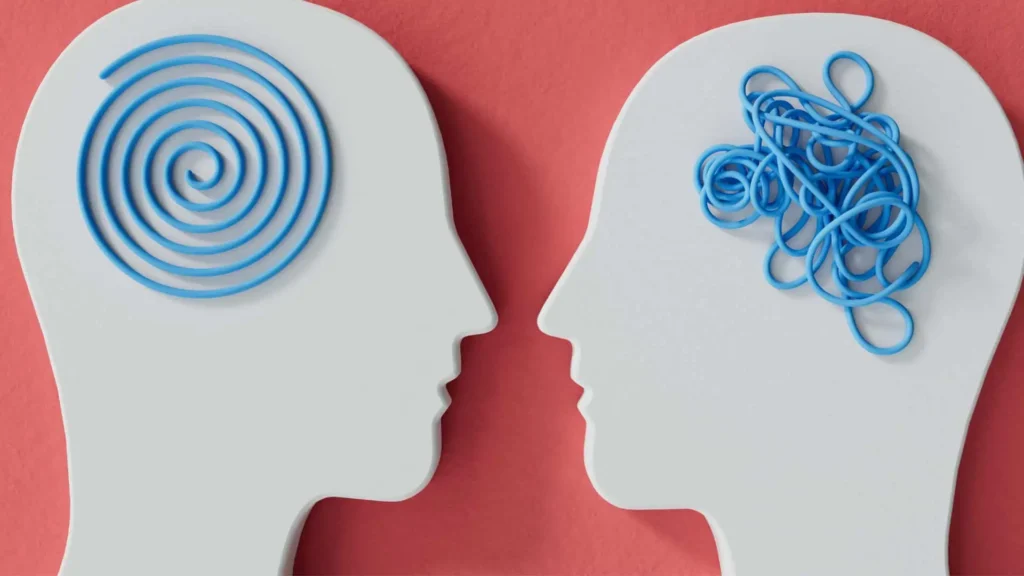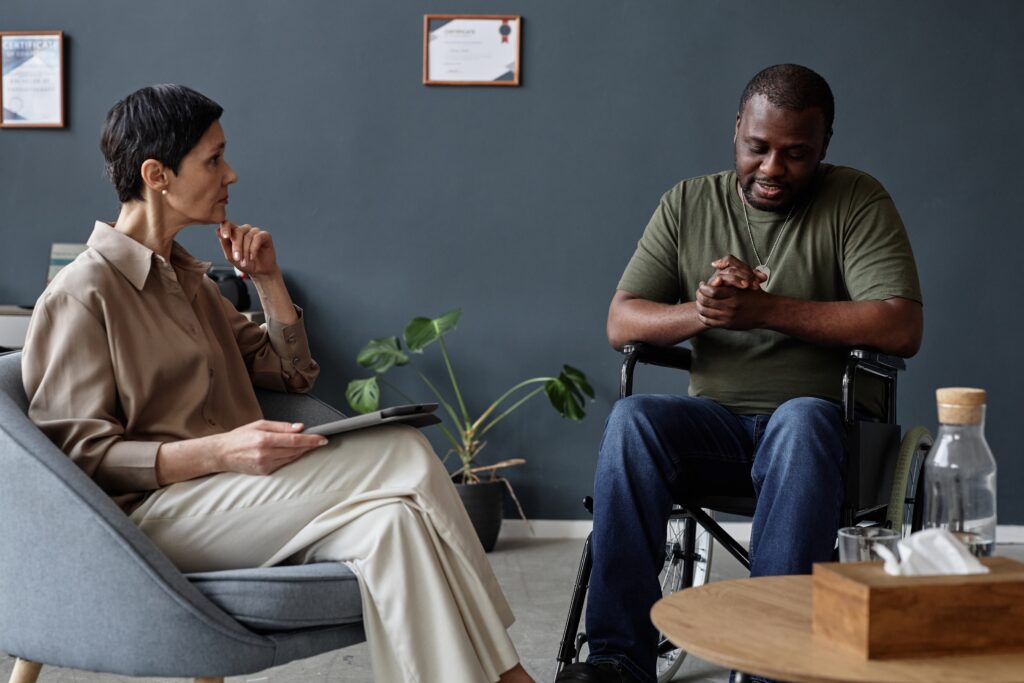
Friends and family therapy is often seen as an essential area of intervention for maintaining change. Relationship difficulties can be a contributing factor in substance use, but substance use may also contribute to the deterioration of relationships. Family and friends can play critical roles in motivating individuals with drug problems from entering rehab to staying in rehab treatment.
Family Therapy and Referrals
It’s normal to feel panicked, anxious or overwrought when you’re facing the reality of a person you love who is addicted. How do you challenge someone who seems to be intent on destructive behaviour? What do you say to a partner, parent, or child you no longer recognise?
Although therapy usually focuses on the person who has the problem, there’s no question that “the problem” often impacts on families in a big way. A big question that family members often struggle with is whether to let go or not to let go when a loved one is in the throes of addiction.
Sometimes you have to detach yourself with love, as one of the significant principles is ‘you didn’t cause it, you can’t control it, and you can’t cure it. There is good evidence that being abandoned by loved ones hurts one’s chances of getting clean.
In many situations, communication may have already broken down, and by the time someone decides to take action, reaching out might seem impossible. Still, in fact, it’s more important than ever that you intervene now.
Your support is essential, and you could become actively involved in the recovery process in the following ways:
- Encourage your loved one to seek professional help in an alcohol rehab, drug clinic or addiction counselling
- Become educated about addiction and involve other family members or friends.
- Try hard to create a stable, sober home environment.
- Attend therapy sessions yourself to learn how to cope and set boundaries.
- Addressing any of your own behaviours that may be contributing to your loved one’s addiction.
Some activity you can take part in is:
- Have a look at our pages on signs and symptoms of substance use read about the signs and symptoms of substance use.
- Observe the person’s behaviour closely over a period of days or weeks to understand what leads you to think there is a problem.
- Take observations of behaviour and share with other family members and friends to determine how they see the situation.
- Contact a substance use professional, Describe your family member’s substance use pattern to see whether the professional would deem it a problem. Provide details such as the alcohol or drug in question, how much the person is using, how often they are using, give them a typical example of how long the abuse has prolonged, negative repercussions, and the person’s response to discussions or challenges about substance use.
- Try to persuade your loved one to attend a detox or rehab programme.
Typically people are better able to work on recovery if the problem is, all people are better equipped to work on their recovery if their substance use problem is detected and faced with early on. Rehab in the early stages of a substance use disorder is Any family member can make a referral to our services for their loved one. All you need is their consent, and we can help you sort out the rest with a phone call or a visit to one of our centres. This is likely to be less intense, less disruptive, and cause less anxiety.
Most people who experience addiction treatment go to residential or outpatient programmes. In residential rehab, programme care is provided in a facility where clients stay, day and night for usually 10 to 4 weeks. Round, the clock addiction treatment, is provided in speciality rehab centres, some of which are registered hospitals. Addiction treatment services offer both detoxification alone or detox may be used as transition care before rehab.
If you feel a friend or loved has an addiction problem, you can contact us for advice at any time. Our trained counsellors will be able to help you recognise and understand the nature of his or her substance use problem and promote strategies of how you could cope.
Any family member can make a referral to our services for their loved one. All you need is their consent, and we can help you sort out the rest with a phone call or visit one of our centres.



